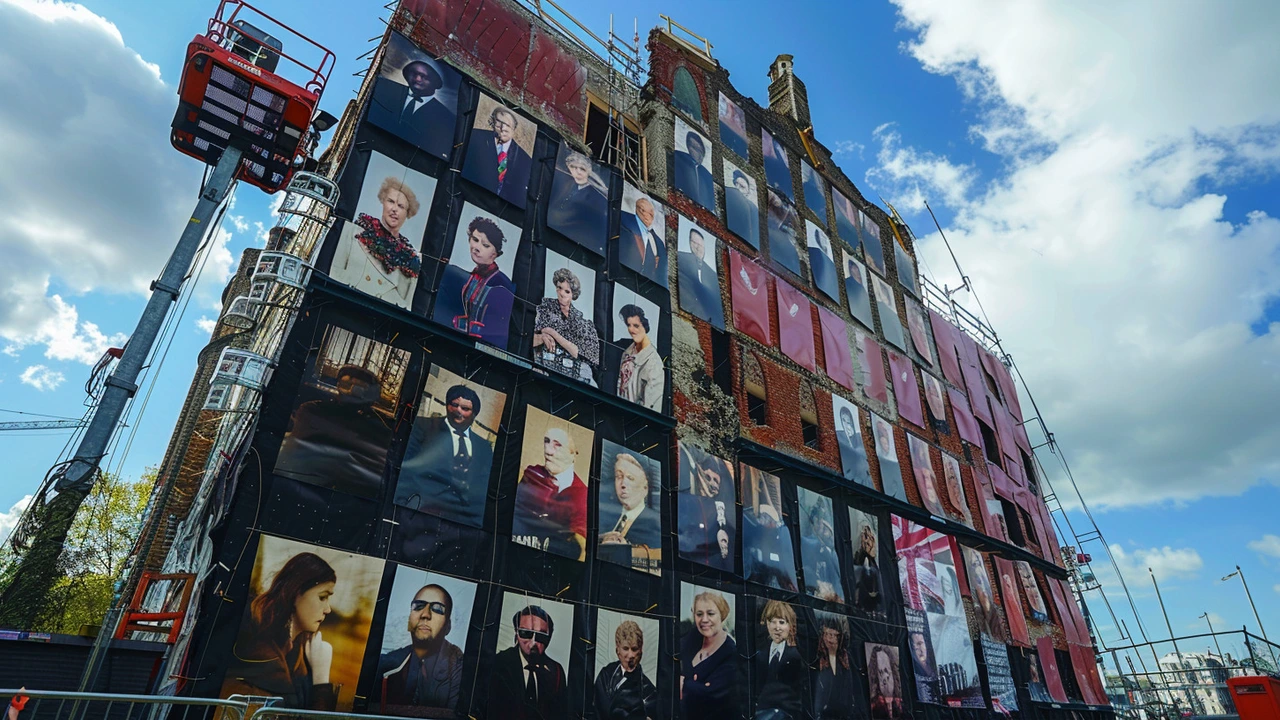UK public inquiry: what it is and why it matters
A UK public inquiry is a formal investigation set up to find out what happened after a major event — like a disaster, a public health failure, or systemic abuse. These inquiries have legal powers to call witnesses, demand documents and publish a report. That sounds dry, but their findings often reshape policy, spark criminal probes, or lead to compensation schemes.
How inquiries work — the basics you should know
Most inquiries follow a clear path: terms of reference are set, evidence is collected, public hearings happen, and a final report is published. Hearings can be public or partly private. The chair (often a judge) runs the process and decides who gives evidence. That report will explain facts, assign responsibility and make recommendations to government or regulators.
Timelines vary a lot. Some inquiries finish in months; others take years and cost millions. Don’t be surprised if hearings drag on — gathering evidence from hospitals, police, or government departments takes time. But long does not mean useless: complex problems need careful fact‑finding.
How to follow an inquiry without getting lost
If you want to track a UK public inquiry, start at three places: the inquiry’s official website, government press releases, and reliable national media. Official sites post hearing schedules, witness lists and transcripts. Media coverage can help you cut through legal detail and highlight the practical fallout for policy and people affected.
Watching live streams of hearings is often the fastest way to keep up. If you can’t watch, read daily summaries or transcripts. Look for the final report’s executive summary first — it gives the key findings in plain language. Then dive deeper into chapters that matter to you, like causes, failures and recommendations.
Keep an eye on recommended actions. Inquiries can’t force laws to change, but government responses usually follow within months. Some recommendations lead to new laws, regulatory changes, or criminal investigations. Others prompt local reforms or better training inside public services.
Worried about legal terms or redactions? Many documents use technical language. Focus on named failures and direct quotes from witnesses. Redactions are common for privacy or security reasons — if too much is redacted, follow press briefings and independent oversight bodies for extra context.
Want to get involved? If an inquiry accepts public submissions, you can send witness statements or evidence. Check eligibility rules and seek legal advice if your testimony could affect you or others. Victims’ groups often publish guidance and can help with submissions or represent collective concerns.
Following a UK public inquiry is about patience and smart reading. Start with official summaries, watch key hearings, and track government responses. If an inquiry affects you directly, look for support from legal aid clinics or specialist charities. Stay curious — the outcomes can change how services work for years.
- May 21, 2024
- Comments 6
- Health

